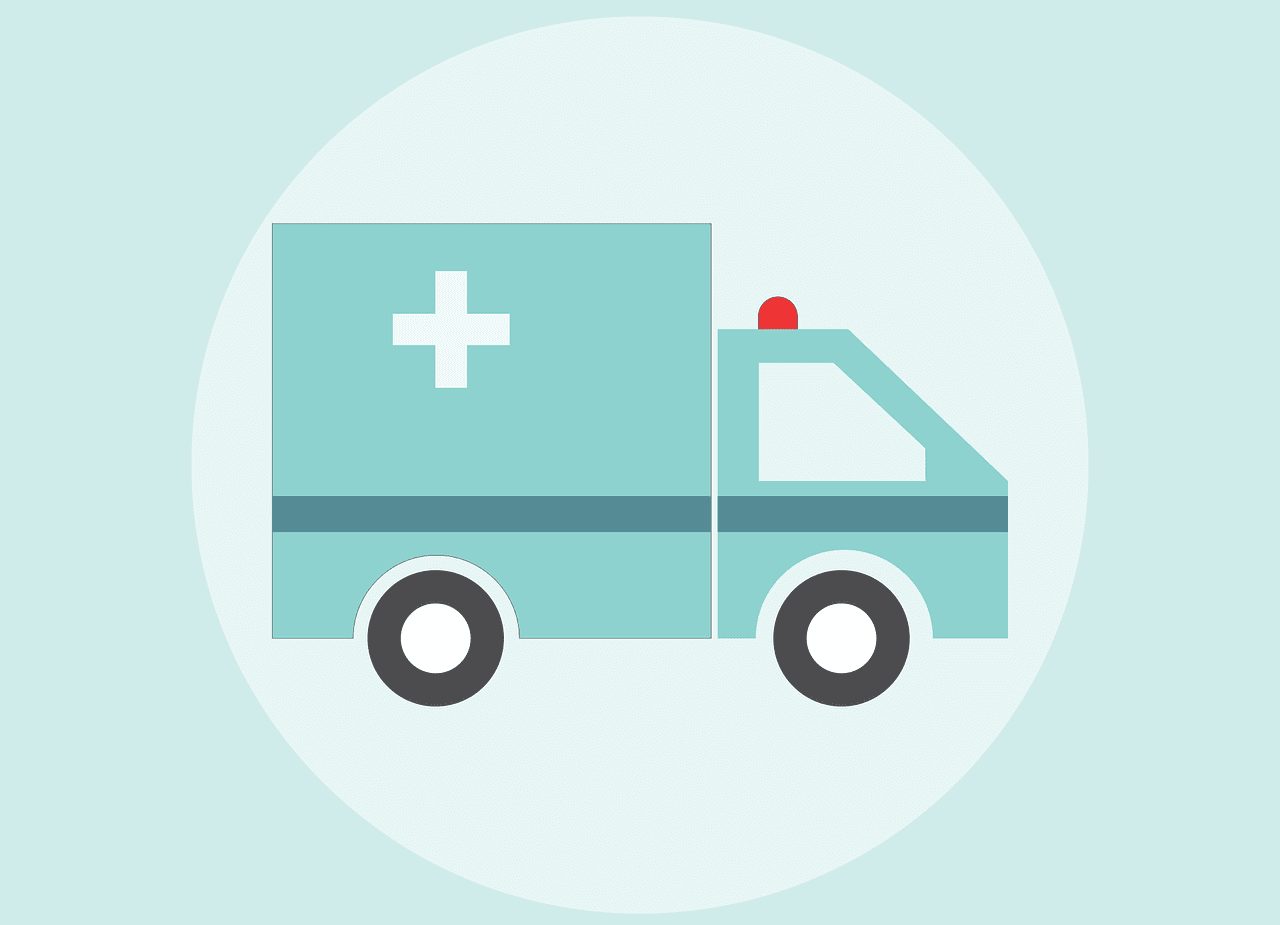Predicting The Next Mental Health Crisis: Sometimes We Just Can’t Know

Posted in: Hot Topics
Topics: Mental Illness + Psychiatric Disorders
When tragedies hit, it is in our nature to ask why. The co-pilot in the horrific Germanwings crash had serious mental health problems, according to reports. How could no one have known how serious his challenges were? How could no one have predicted this terrible outcome? On its surface, this line of questioning seems even a bit ludicrous. After all, even in the murky face of mental illness, the potentially deliberate and fatal nose-dive of a commercial aircraft seems impossible to imagine. Nevertheless, this is exactly the question that we’re seeing over and over in the coverage of the crash.
How could we not have known?
The fact is, however, that this particular question glosses over a profoundly uncomfortable quandary that is by no means unique to psychiatry. For all of modern medicine, predictions are surprisingly fraught with difficulty. For all of medicine’s miracles, for all of its technological wonders and advances, medicine remains a quintessentially human endeavor. You might even argue that phrases like “medical miracle” are, indeed, part of the problem. The more we grant medicine undue and mystical prowess, the more resistant we grow to the grueling trial and error that characterizes everyday medical practice. Doctors are wrong all the time. That’s a fact.
Nevertheless, physicians are asked to prognosticate. That’s the verb form of “prognosis.” As patients and families, we look to our doctors daily for prognostic estimates (emphasis on estimates). These estimates are really hypotheses necessarily based on incomplete data. Rare complications and twists of fate befuddle even the best.
For psychiatry, this truth can be especially hard to swallow. A neurologist might not be able to predict every migraine, but it is the rare migraine that results in tragedy. Still, remember that psychiatrists cannot read minds. Like all physicians, psychiatrists will try their best to understand what is the cause of suffering. And, as with all clinicians, psychiatrists will sometimes be right…and sometimes not. Medicine remains an art even as the science continues to improve.
The fact that someone suffers a psychiatric disorder, even a recurrent psychiatric disorder, is not remarkable when compared to the rest of medicine. The same occurs with ulcers, asthma, allergies, orthopedic injuries, sinus infections and so forth. Most medical illnesses are chronic, and many are intermittent. No medical professional can predict with absolute certainty when an episode is going to occur, or how severe it may be. To be fair, physicians can and do identify triggers, but the intensity of a presumed reaction is outside anyone’s ability to predict.
And this is where society gets especially flummoxed. No one would argue that the art of medicine is infallible. No one would suggest that medical practice is right 100% of the time. But faced with tragedy, we are much more comfortable as a species pretending that our predictions are foolproof, and our mishaps exceedingly rare.
Why can’t we always know? Medicine is post-modern; we cannot know because we can’t.
But, there are some important factors. There is inherent chaos in the “system.” Actually, there is inherent chaos in any system, but in the systems at work in prognosticating, there are immeasurable moving parts.
There are the whims of a disease that we don’t entirely understand. There’s the darting back-and-forth of an impulsive mind. There’s the combination of stressors that can feel uniquely intolerable when paired with the poorly understood disease. There are the lungs in one person that work differently in another.
In other words, there is the always-changing interface of our science (which shifts slowly) with ourselves (who change on a dime). We can do our best to control these variables, but alas, we can’t control them all. Still, we pretend, at a societal level, that these variables are both known and taken into account. Thus, our cognitive dissonance stems from a series of epistemological missteps. We pretend we know things that we don’t, we tell ourselves that we’re not pretending when we know that we are, and we allow ourselves this delusion because it’s easier than tolerating the ambiguity of our limits.
There are, of course, some things we do know. For instance: a depressed man crashing a plane is rare. When compared to the number of pilots, and stacked against the statistical reality of the rate of depression, we need to remember that even depressed pilots virtually never fly worse than the norm.
While we really don’t and cannot know what moved the Germanwings pilot to deliberately crash his plane, even if the root cause was mental illness, it would be grossly unfair to say that all pilots with mental illness are unfit to fly.
So, what’s the biggest risk to medical prognosis? It’s not poorly trained doctors. It’s not even the ebbs and flows of normal medical variability.
It’s the risk of foregoing human relationships, and succumbing instead to blind assumptions and diminished connections. A parent, spouse, mental health professional, or primary care doctor is often in the best possible position to know how another person thinks, feels and behaves. A close, long-term relationship improves the likelihood of an accurate hypothesis. This is why continuity of care and relationships are so important. This is also where family members and mental health professionals find themselves engaged in painful second-guessing. Did I miss something, we ask ourselves. Were there signs that I failed to notice?
These are incredibly important questions to ask, but not as indictments or self-criticisms. We learn to ask these questions so that we can make sense of what happens and has happened, and we use this process to remind ourselves that events often only become clear after the fact. We learn to recognize change in those who are close to us. We do our best to know when changes need intervention. We hope we can see the bad things coming.
But, what do we do when see change? What are the interventions? As E.M. Forster famously advised: “Only connect.” Connect the prose and the passion, he told us. In other words, transfer your worry into words. Ask you loved one how he or she is doing. Find out if life appears to be losing its value. Don’t mince words; there’s no evidence at all that asking someone if he has thought of hurting himself is more likely to make him do so. In fact, there is ample evidence to the contrary.
Alas, however, nothing is 100% certain. There will always be individuals who defy predictions, who baffle expectations, who hide and say they are fine when they’re not, who flummox the art of prognosis. This caveat is so very important to remember. For family members especially, this is not an invitation for self-critical appraisal. This is a reminder that we humans just can’t be 100% accurate. It is, in fact, this fundamental uncertainty of the human condition that we often find most troubling. We just can’t always know.
A version of this post originally appeared and was written by the author (Schlozman) on WBUR’s CommonHealth.

 Share
Share Tweet
Tweet





